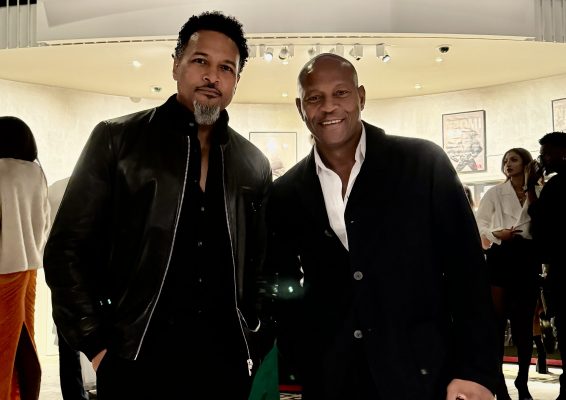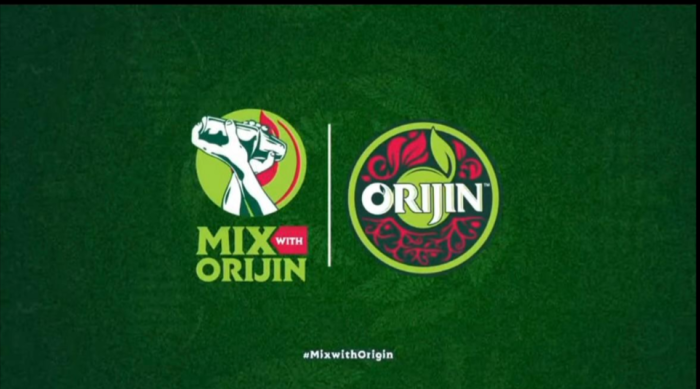Dating back to the 15th Century, the traditional Bantu kingdom of Ankole in Uganda has always been peaceful despite maintaining a social caste system between the Bahima and the Bairu. Until its abolishment by President Milton Obote, they were ruled by a king called Mugabe or Omugabe. The Bahima are a pastoral people whose wealth is determined by the number of cattle they have acquired.
The Ankole people, often referred to as Banyankole (or Manakole), are found in Mbarara, Bushenyi, Ntungamo, Kiruhura, Ibanda, Isingiro and Ntungamo in western Uganda.
[ad]
Before the abolishment of the kingdom, they had a unique marriage rite.
Like many African cultures, there were rituals and processes the Ankole people underwent.
Once a girl turned eight or nine, her aunt prepared her for marriage, teaching her lady-like behaviours.
She was placed on a fattening diet of beef, millet and milk because the people see a slim person as unattractive. She was also taught to avoid sexual relations before marriage, often threatened by death and ostracisation from the society.
[related ids=”646127″]
Once a girl becomes of marriageable age, the groom-to-be present two to 10 cows, goats and beer. One of the customary practices to initiate her into the culture is done after 10 days. The practise involves lighting the kitchen by setting a fire in a ritual known as okukoza omumuriro.
Due to the high regard for virginity and abstinence from sexual activities before marriage, the bride is presumed to lack the knowledge of pleasing her husband. It was, therefore, the duty of the aunt to test her groom’s sexual ability by sleeping with him before she tests the girl’s virginity. This is her wedding gift to the bride.
For a long time, AIDS ravaged the community and efforts to educate them as well as other communities have been met with obstacles.
[ad unit=2]








